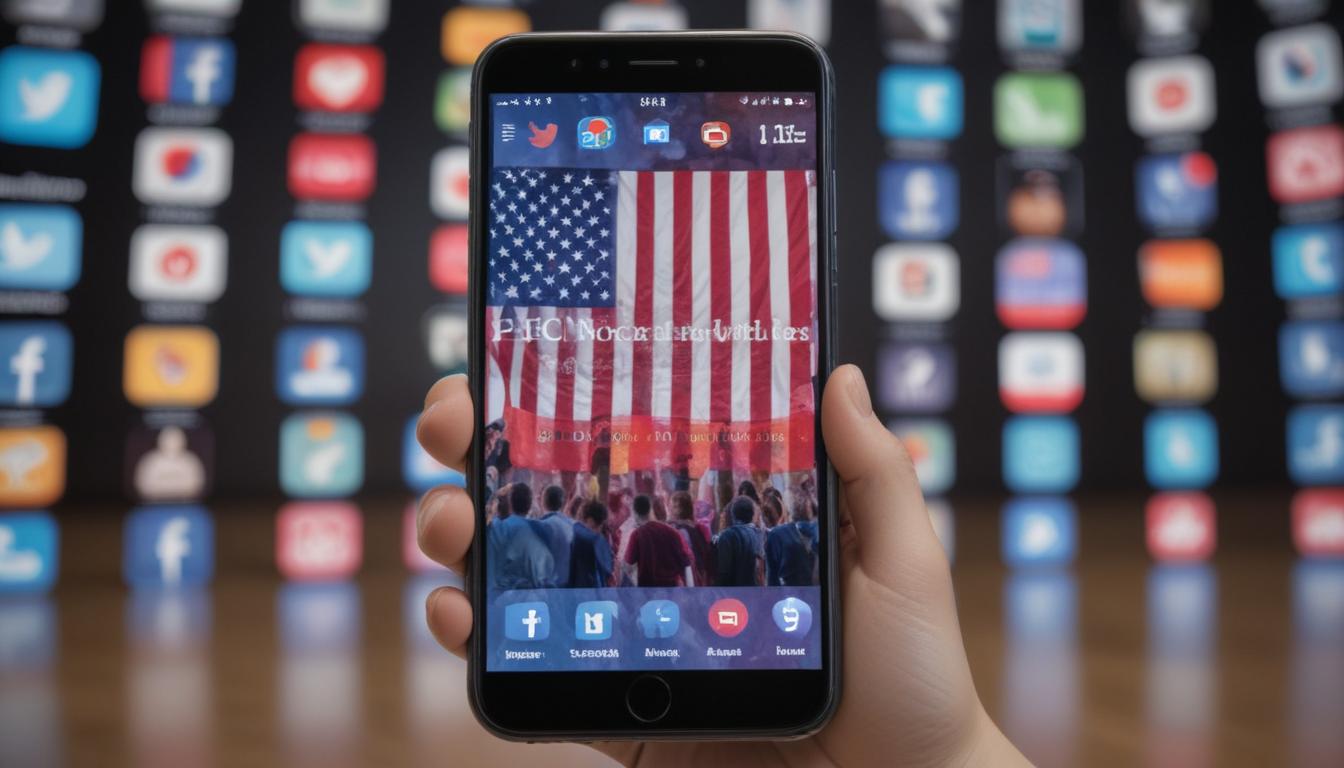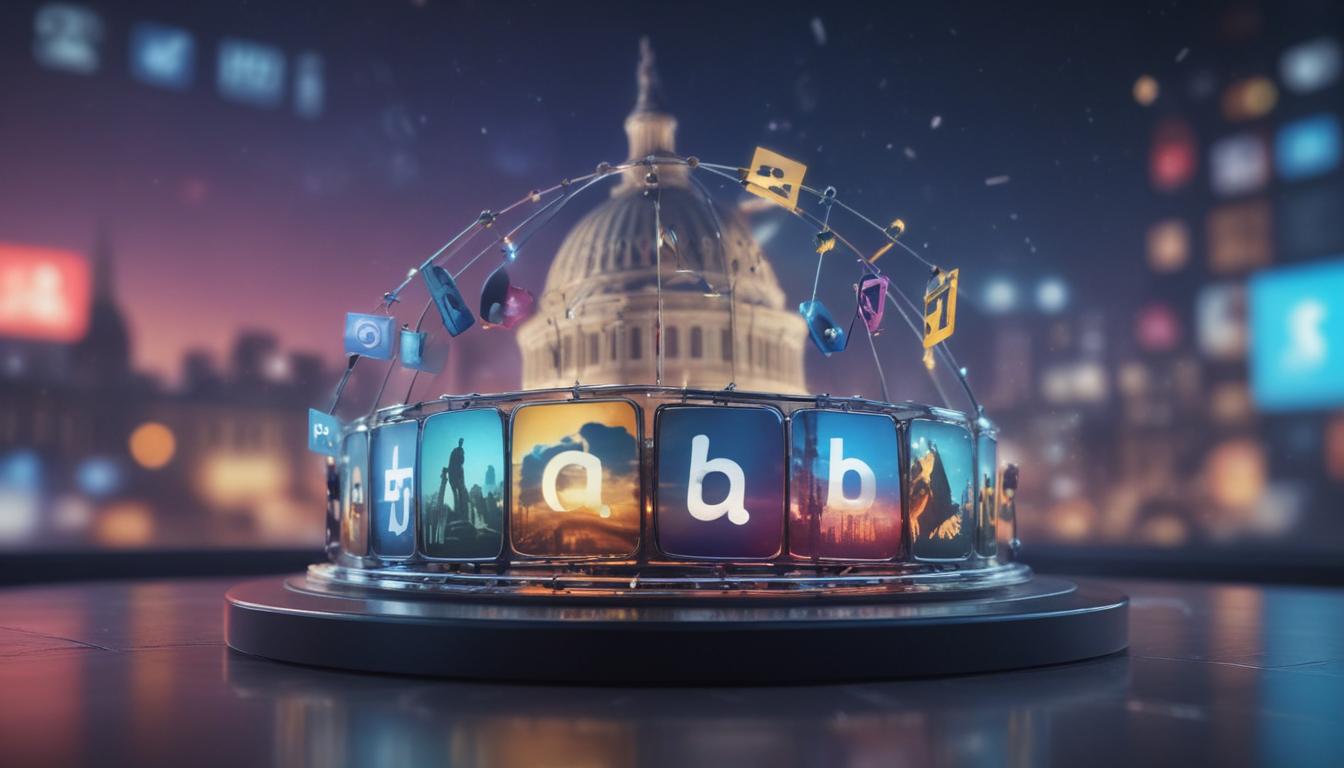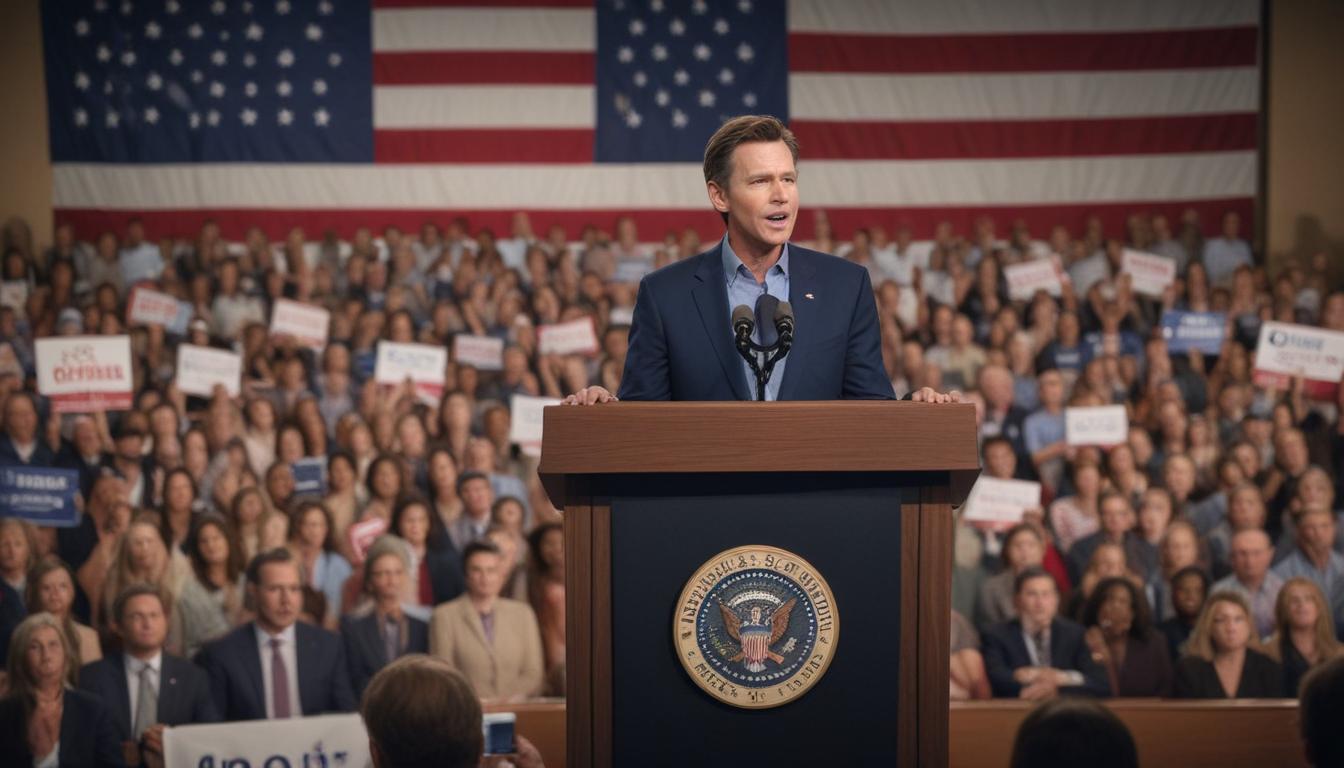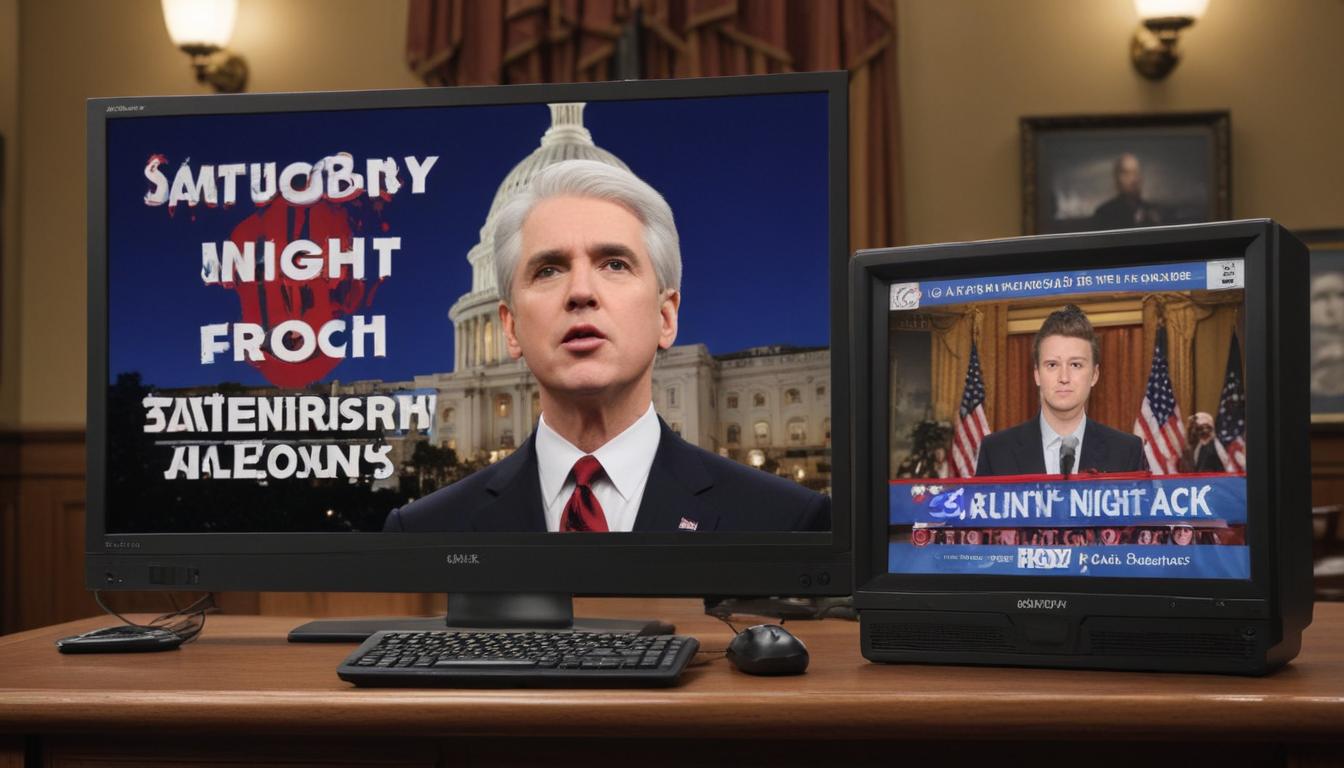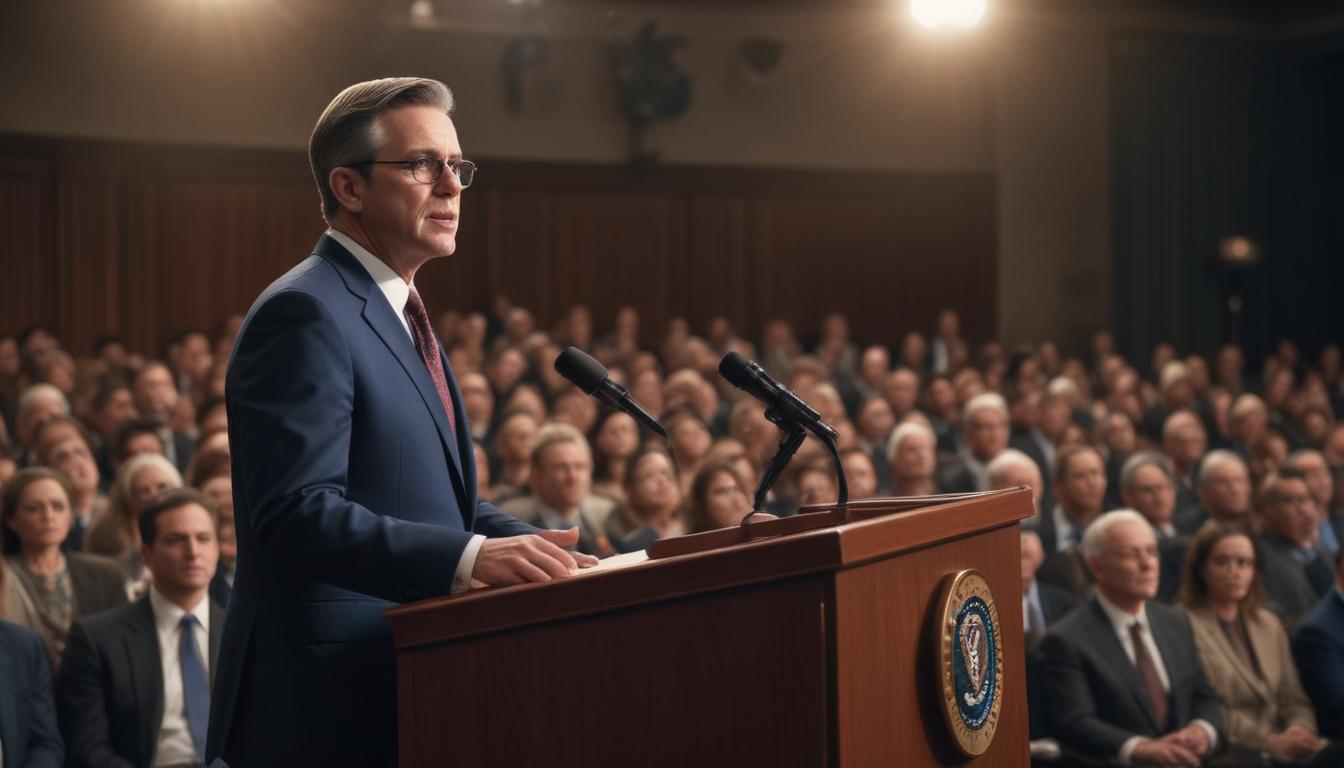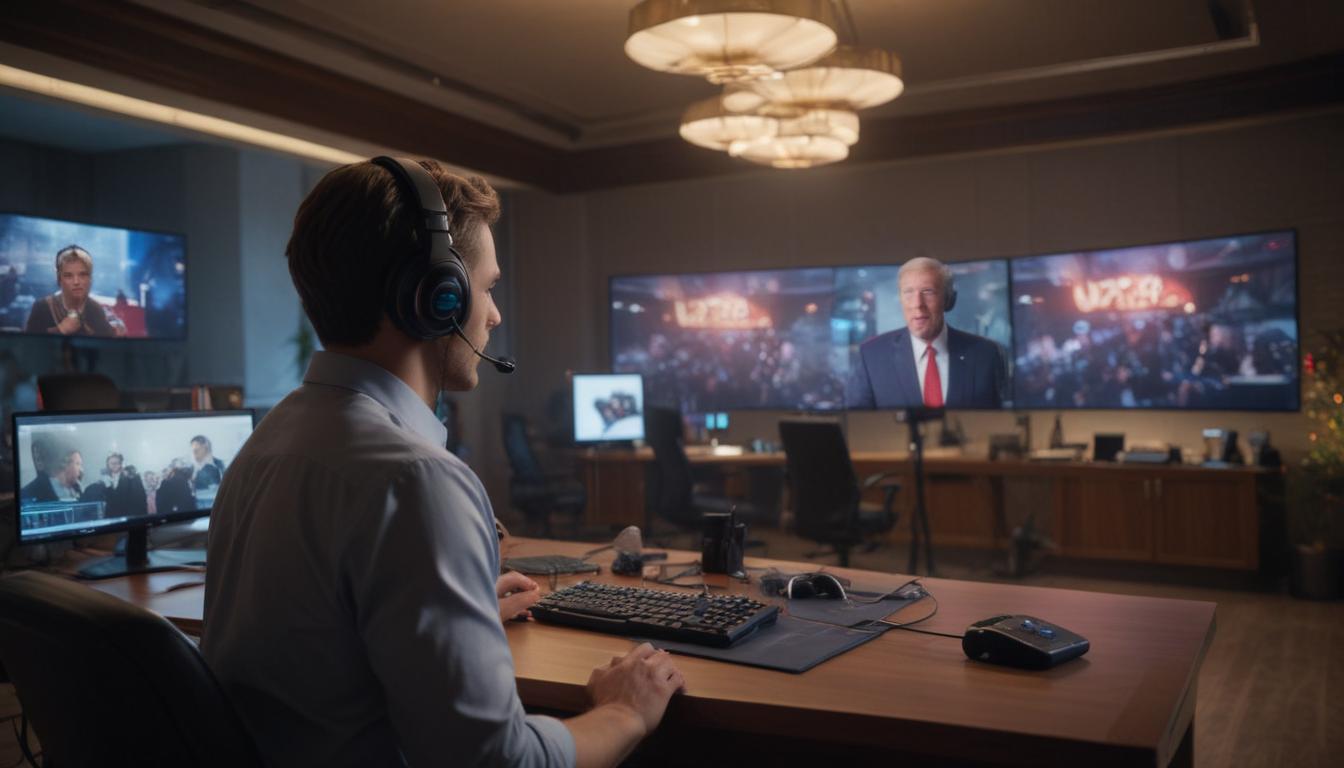The Intersection of Social Media and Politics in the United States
Introduction
Social media has dramatically altered the dynamics of politics in the United States. Platforms like Twitter, Facebook, and Instagram serve as both arenas for public discourse and tools for political strategy. In this blog post, we’ll explore how social media influences political engagement, the challenges posed by misinformation, and what the future might hold for politics in the age of social media.
The Rise of Social Media in Politics
In recent years, social media has revolutionized the way politics is conducted, becoming a powerful tool for direct communication between politicians and citizens. Unlike traditional media, which often filters and interprets political messages, social platforms enable unscripted engagements, fostering a unique sense of intimacy and immediacy.
Especially during presidential elections, platforms like Twitter and Instagram have become battlegrounds for:
- Policy announcements
- Voter interactions
- Real-time updates during crises
This transformation is exemplified by how politicians now frame their campaigns around trending hashtags, live-streamed town halls, and even short videos designed to go viral. Social media provides an opportunity to reach diverse audiences, including younger voters traditionally less engaged in politics.
However, the brevity of posts can sometimes oversimplify complex issues. For citizens, engaging on these platforms allows them to hold politicians accountable in new ways, leveraging likes, shares, and direct messages to make their voices heard.
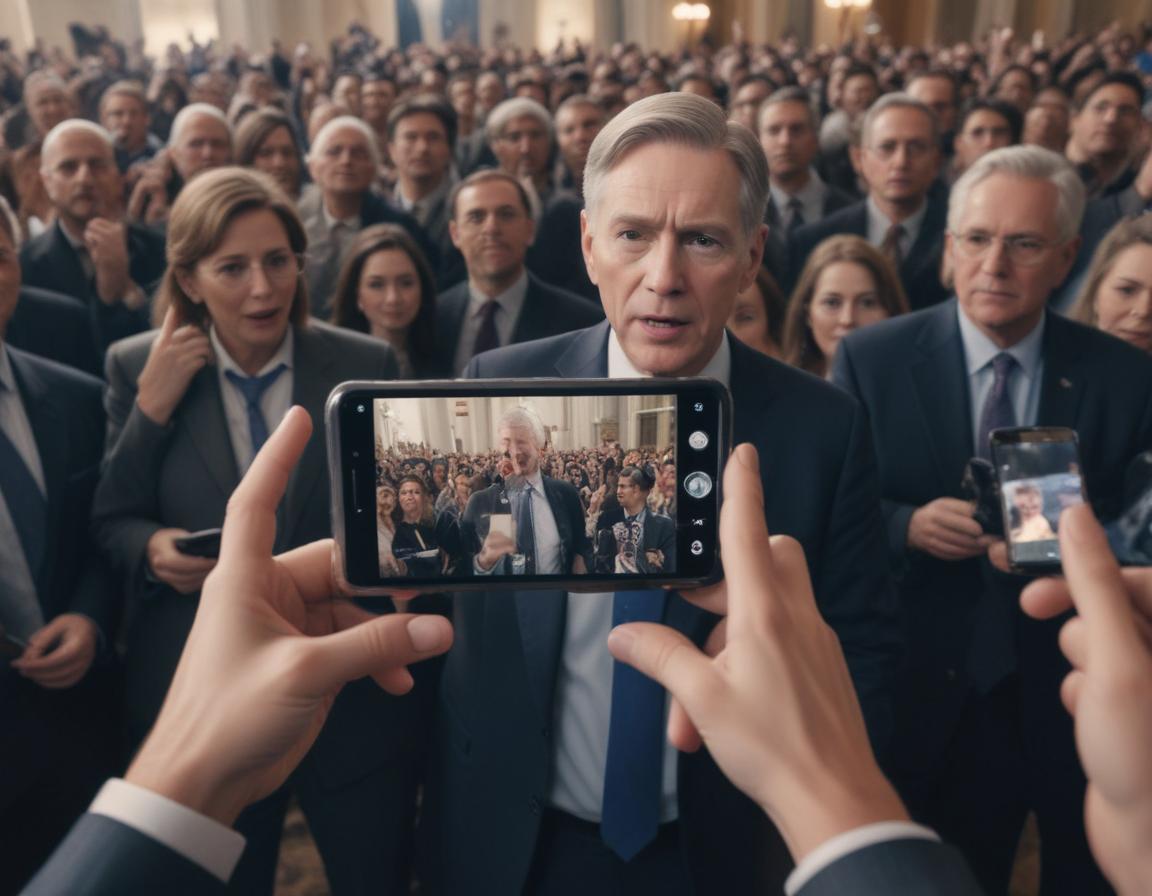
The Impact on Political Discourse
Social media’s role in shaping political discourse is nothing short of complex. On the one hand, it has eliminated many barriers to communication by making politicians more accessible than ever before. Citizens now have the power to interact directly with public officials, sharing ideas or highlighting pressing issues.
On the other hand, platforms like Twitter often encourage rapid exchanges with their character limits, resulting in oversimplifications. Issues that require careful thought are often reduced to viral soundbites, while serious debates sometimes degenerate into polarizing online conflicts.
An important element here is the amplification of diverse voices. Social media enables people from various social and political backgrounds to participate in discussions. While this inclusivity enriches dialogue, it also creates echo chambers, where like-minded individuals reinforce each other’s ideas instead of debating opposing views. As a result, political discussions influence not only public opinion but also policy-making. Politicians actively monitor public sentiment on social media to navigate their decisions.
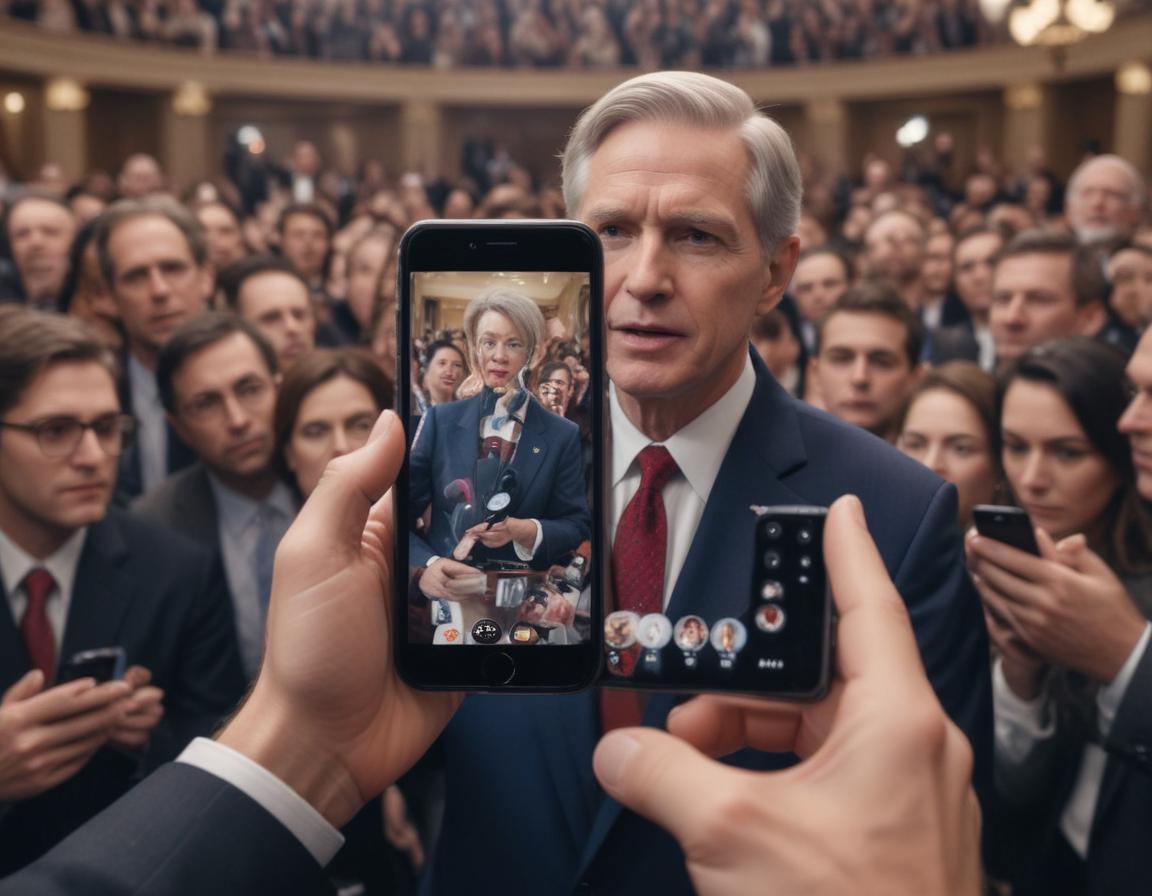
The Role of Misinformation
Misinformation remains one of the biggest challenges at the intersection of politics and social media. The speed at which content goes viral has amplified the reach of misleading or outright false information. Unfortunately, political campaigns are not just victims; they’ve also been accused of using misinformation as a tactical tool.
False narratives often exploit emotions like fear or outrage, prompting users to share information without verifying its accuracy. This issue has forced platforms like Facebook and Twitter to create fact-checking teams and policies against fake news. But even with these safeguards, debunking misinformation feels like fighting fires after the damage is done. Once misinformation takes root, it can leave lasting impressions.
For voters, the overwhelming flood of conflicting or untrustworthy information can breed distrust—not just in social media but also in traditional media sources. The task of discerning truth in the digital age is becoming increasingly burdensome.
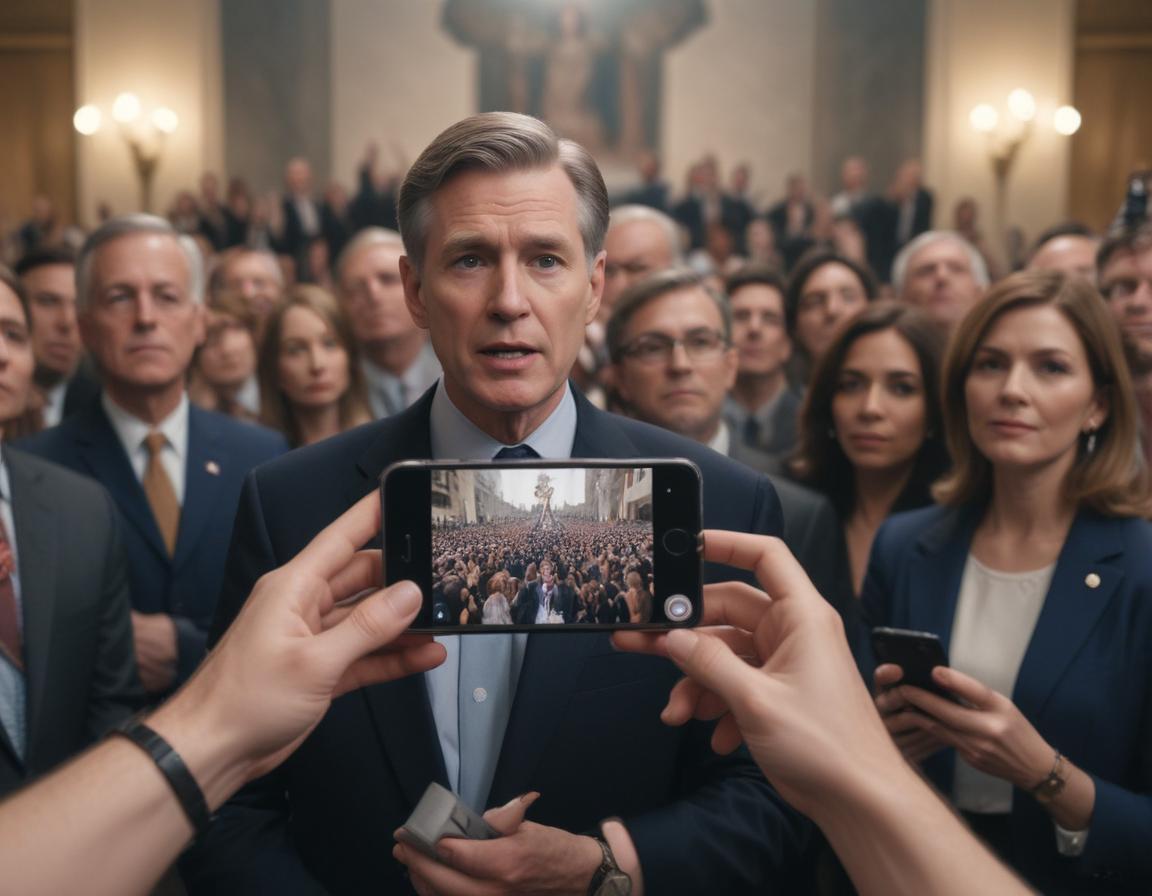
The Future of Politics on Social Media
As technology evolves, the influence of social media on politics will continue to grow. One prominent development is the use of artificial intelligence (AI) and big data analytics to tailor political messages for specific groups. While this personalization can make campaigns highly effective, it also raises ethical questions about data privacy and potential manipulation.
Moreover, the integration of video content and real-time interactions is blurring the line between traditional and digital campaigning. Politicians rely increasingly on these tools to connect with voters, especially during critical moments like debates or policy rollouts.
The future of social media and politics also depends heavily on regulations. Governments and watchdog organizations will need to address issues like:
- Misinformation
- Political advertisements
- Data security
Grassroots activism will also play a bigger role, as shown by the impact of movements like #BlackLivesMatter and #MeToo. These movements demonstrate the power of individuals to influence mainstream political narratives.
The road ahead calls for responsible use by both political leaders and citizens to ensure that social media continues to serve as a key tool in democratic engagement rather than a platform for division or exploitation.
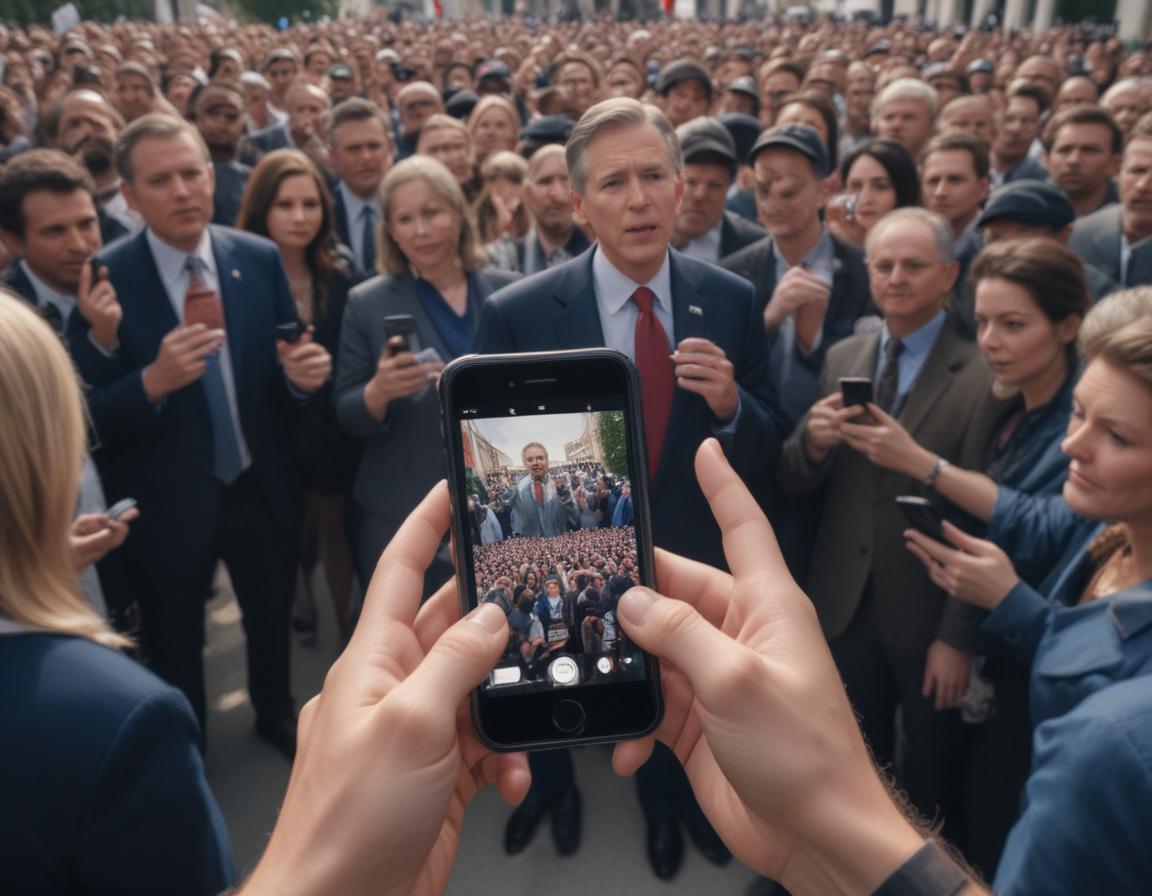
Conclusion
Social media profoundly impacts politics in the U.S., providing opportunities for engagement while also presenting hurdles like misinformation and oversimplification of complex issues. As these platforms evolve, it becomes imperative for both politicians and voters to use them responsibly, fostering meaningful democratic dialogue.
If anything, the digital age underscores the shared responsibility of informed citizens and ethical leaders to preserve the integrity of democracy in the United States. What do you think the future of social media and politics looks like? Share your thoughts in the comments below!
“`

